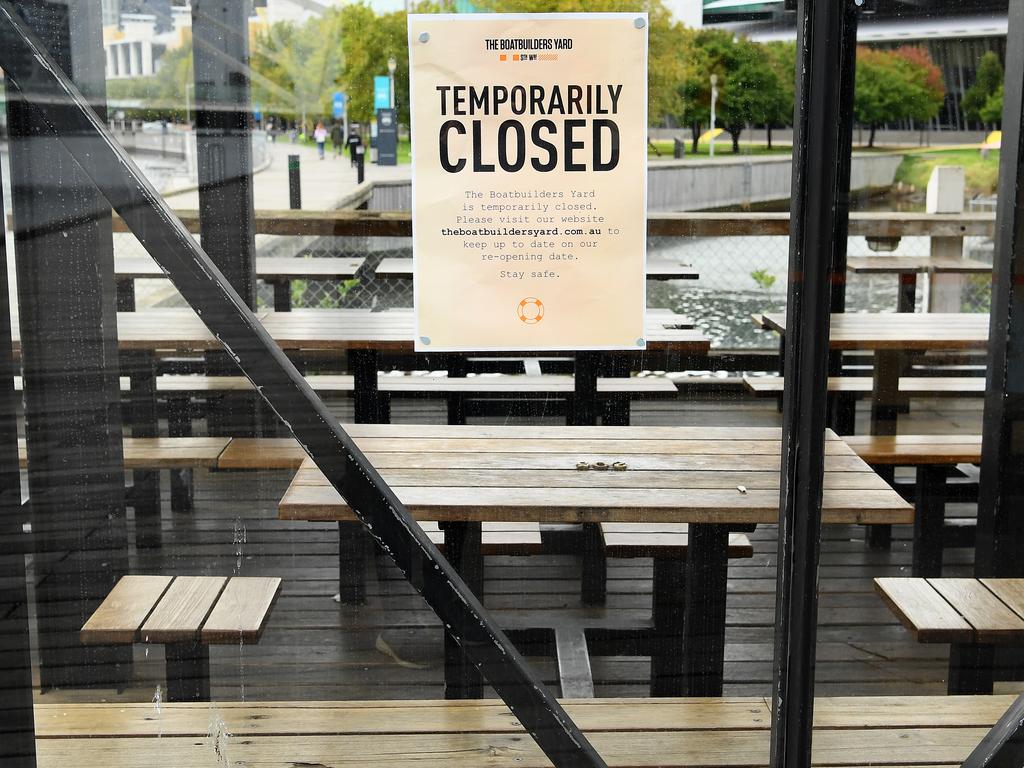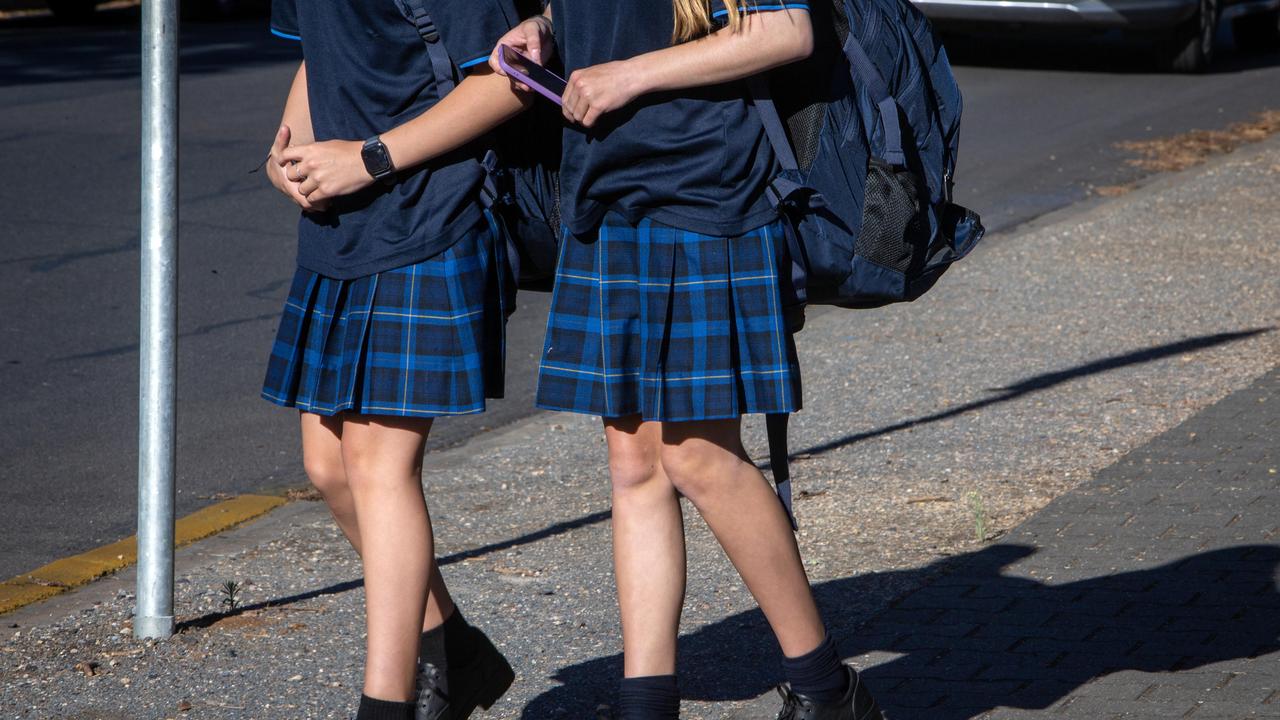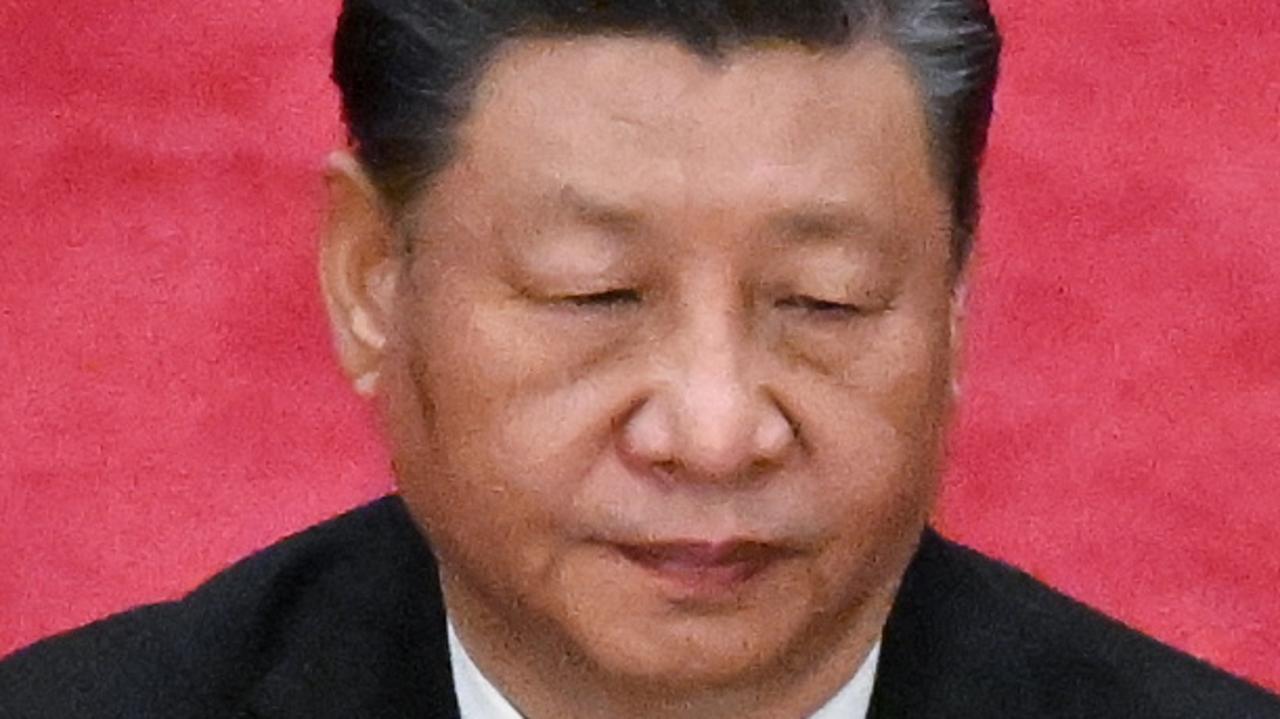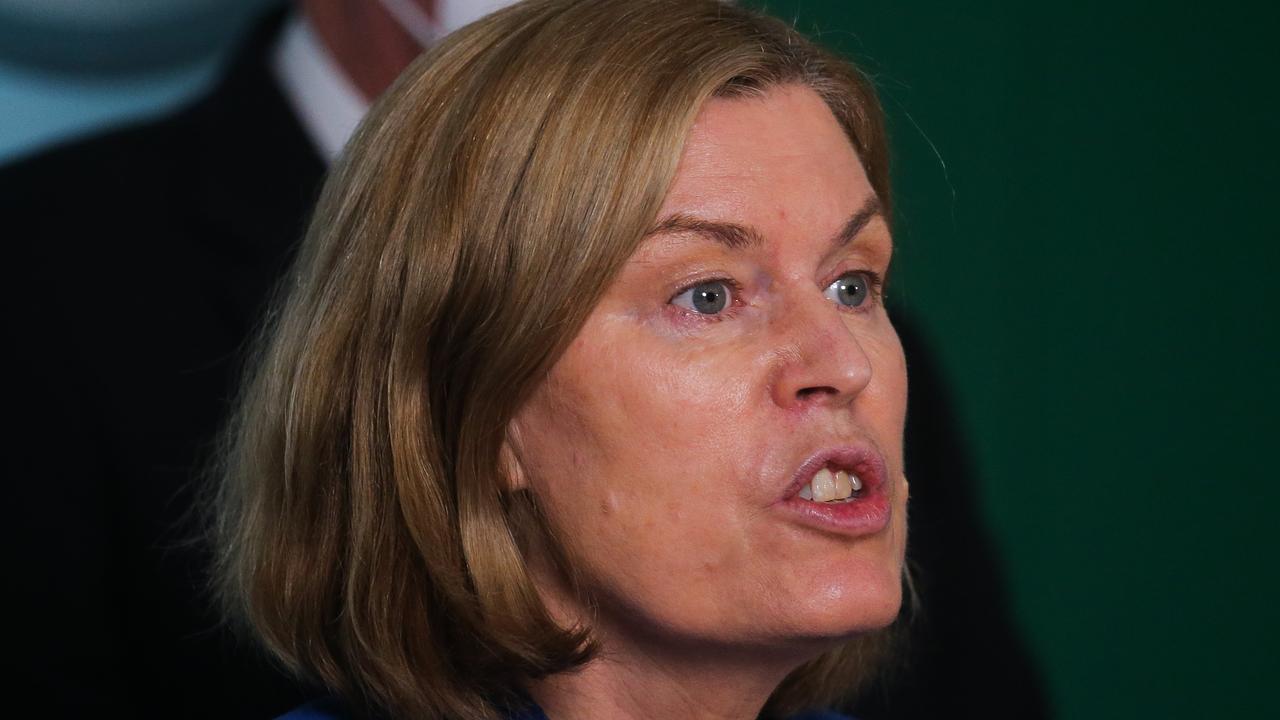Coronavirus restrictions: Ban on elective surgery likely to be lifted
It feels like a lifetime ago that Australia was shut down – but as coronavirus cases drop to almost zero, these measures could be first to be lifted.

It seems like a lifetime ago that Australia shut its borders and closed down the country in a bid to stop the spread of coronavirus.
But Australia’s virus curve has flattened and now attention is turning to when the country can get back up and running again.
State and federal leaders are expected to deliver some of those answers following a National Cabinet meeting this morning.
IVF and elective surgery is likely to be first on the agenda with thousands of Aussies hoping the Government will lift restrictions previously put in place to free up hospital beds.
All category three and most category two surgeries were suspended from last month.
Australia’s deputy chief medical officer Dr Nick Coatsworth said a “very cautious and safe” approach would be taken to easing the restriction, focused on patients.
“We recognise that there are Australians out there who are in pain, have disability, can’t be in the workforce, that need to take very potent pain medication and need their elective surgery done,” Dr Coatsworth told reporters in Canberra.

Dr Coatsworth said the main focus was “building confidence in the health system” but did not give a date on when surgeries or IVF could resume.
“I will not pre-empt National Cabinet decisions,” he said.
Restrictions at beaches and parks are also likely to ease in the coming weeks – with at least one Sydney council already reopening its beaches.
Hundreds flocked to beaches at Maroubra, Coogee and Clovelly yesterday after Randwick City Council, in Sydney’s east, announced they would reopen for exercise.

Gold Coast City Council, in south Queensland, also reopened a handful of beaches yesterday after the state reported zero coronavirus cases.
Gold Coast Mayor Tom Tate confirmed Coolangatta and Surfers Paradise were reopened after closing on April 7.
“Gold Coasters are out there doing the right thing, practising social distancing,” he said.
“It’s a good step forward. It shows we are moving ahead, slowly, towards normality.
“The Gold Coast has really shown the way of how to do it.”
While IVF and elective surgery will likely be the first restriction lifted, state and federal leaders have maintained it’ll be at least four weeks before they even discuss loosening social-distancing measures.
“I just want to make it clear, the notion that pubs are opening any time soon, it’s not going to happen. Restaurants, bars, cafes, I just don’t think that’s going to be; the risk will be far greater than any reward. I think there are some areas we might be able to make some changes around the way people interact with others, around some of those more social measures," Victorian Premier Daniel Andrews told The Australian.
However, Mr Andrews did say the state’s low case increase gave the state “options” for when the state of emergency lifts on May 11.
“National Cabinet is going to have a discussion about some of the prerequisites for relaxing many of the rules,” he said.
“We can properly, in a cautious way, examine those (options) in the weeks and months ahead, and then we can potentially make some changes."

Queensland Premier Annastacia Palaszczuk, who yesterday celebrated zero new coronavirus cases in her state, said the Government was also looking at loosening restrictions.
“This is the first day of zero, but if we saw a trend of these really low numbers I think it’s only right that people would be saying to government, ‘What can you do to make our lives a little bit easier and a little bit less restrictive?’”
Although the rate of new coronavirus cases has dipped, authorities are cautioning against easing social-distancing rules.
Treasurer Josh Frydenberg says the infection rate shows how seriously Australians are taking distancing rules.
“When it comes to social distancing, quarantine, isolation measures, we’ll continue to take the medical advice and that’s served Australia well,” he said.
The Morrison Government has set a series of benchmarks for economic restrictions to be gradually eased, with state and federal leaders due to make a call in mid- May.
Among the goals is a 40 per cent take-up rate of an app that uses phone interactions to trace when people with coronavirus have come into contact with others.
The Australian reports rules preventing public gatherings of no more than two people could be relaxed first, but ones banning more than 10 people at funerals are likely to hold firm.
There have been 71 coronavirus deaths across the nation with more than 6600 cases detected.
More than 4200 people have recovered. Australia’s low mortality and high testing rates are among the world’s best.
Today’s National Cabinet meeting will also discuss remote indigenous areas, where isolation zones may be set up to allow elders to be closer to their communities.




